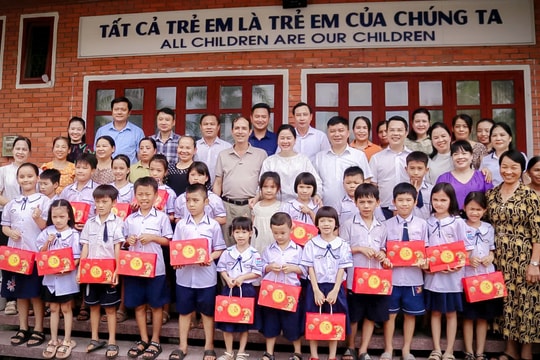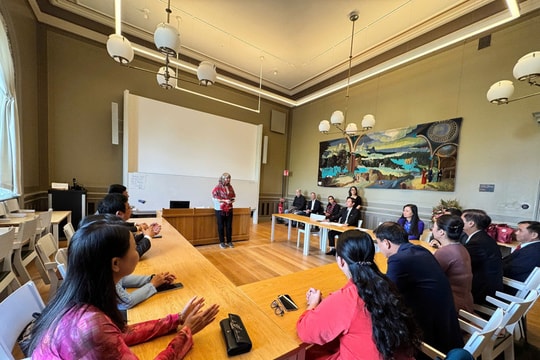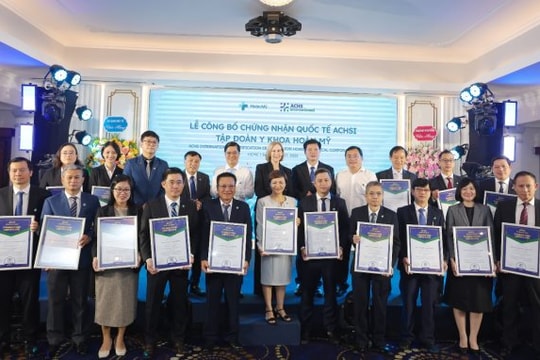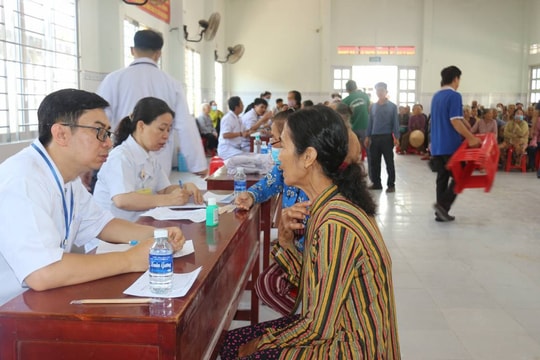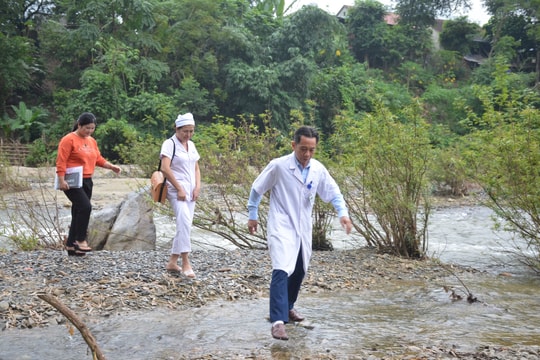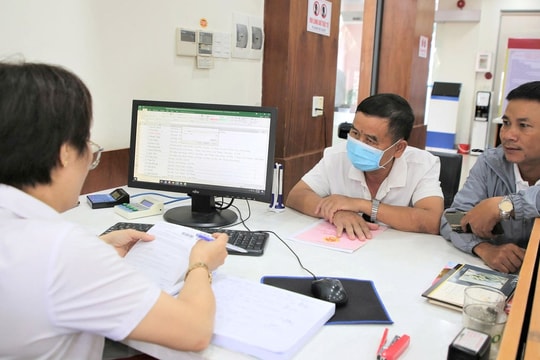There is a special treatment policy, no reduction in staff of grassroots health workers.
The Ministry of Home Affairs is carefully calculating salary policies, preferential allowances, and special allowances to provide special treatment for medical staff and is not considering reducing the number of civil servants in the primary health sector.
The Minister of Home Affairs affirmed that the recent success in preventing and fighting the Covid-19 epidemic had a very important role, with the decisive presence of the preventive medicine model, grassroots health care, and medical staff.
However, the Minister also noted that the pandemic also helps to fully and more clearly identify the difficulties and inadequacies in the organization and personnel as previously stated by National Assembly deputies.
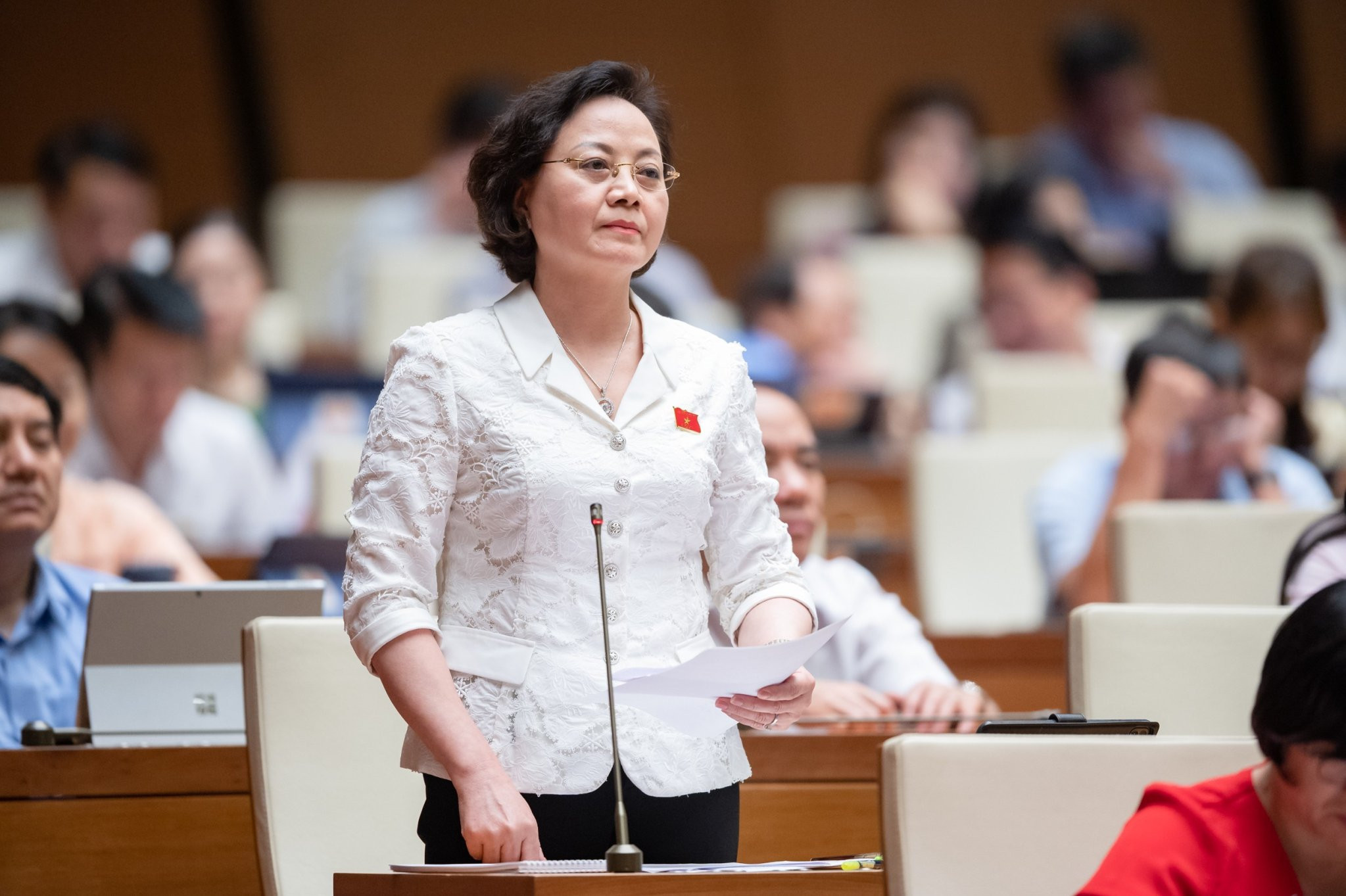 |
Minister of Home Affairs Pham Thi Thanh Tra. Photo: Pham Thang |
Minister Pham Thi Thanh Tra acknowledged that there are many difficulties related to the organization and apparatus of preventive medicine and primary health care, such as lack of uniformity and unification of models, organization, and management. In addition, medical human resources also have shortcomings in terms of quantity, quality, and structure.
To solve this problem comprehensively, Ms. Pham Thi Thanh Tra said that, more than ever, it is necessary to put the resolution of the organization and personnel of the health system, especially preventive medicine and grassroots health care, in the overall Resolution 19 on continuing to innovate the organization and management system, improving the quality and efficiency of public service units.
This must also be placed within the requirements of Resolution 20 of the Central Committee on strengthening the protection, care and improvement of people's health.
Along with that, it is necessary to base on emerging issues such as the recent Covid-19 pandemic to have a comprehensive view and have more suitable solutions in practical conditions.
Special industries must have special policies.
From there, the Minister of Home Affairs proposed a number of key solutions. In particular, the ministry coordinated with the Ministry of Health to review and advise the Government on a project on developing human resources for health in the public sector until 2030 in a fundamental, specific, and strategic manner, ensuring human resources for health in the public sector in the new situation.
This also aims to overcome the number of civil servants and public employees who have quit or quit their jobs in the past, accounting for 25% of more than 39,000 people.
The Minister of Home Affairs also emphasized the need for a comprehensive assessment of the organizational structure, preventive medicine and grassroots health care personnel to propose to the Government and the Prime Minister to develop new or amend and supplement legal documents to ensure the stability of the organizational structure, clearly defining the specific functions and tasks of these organizations.
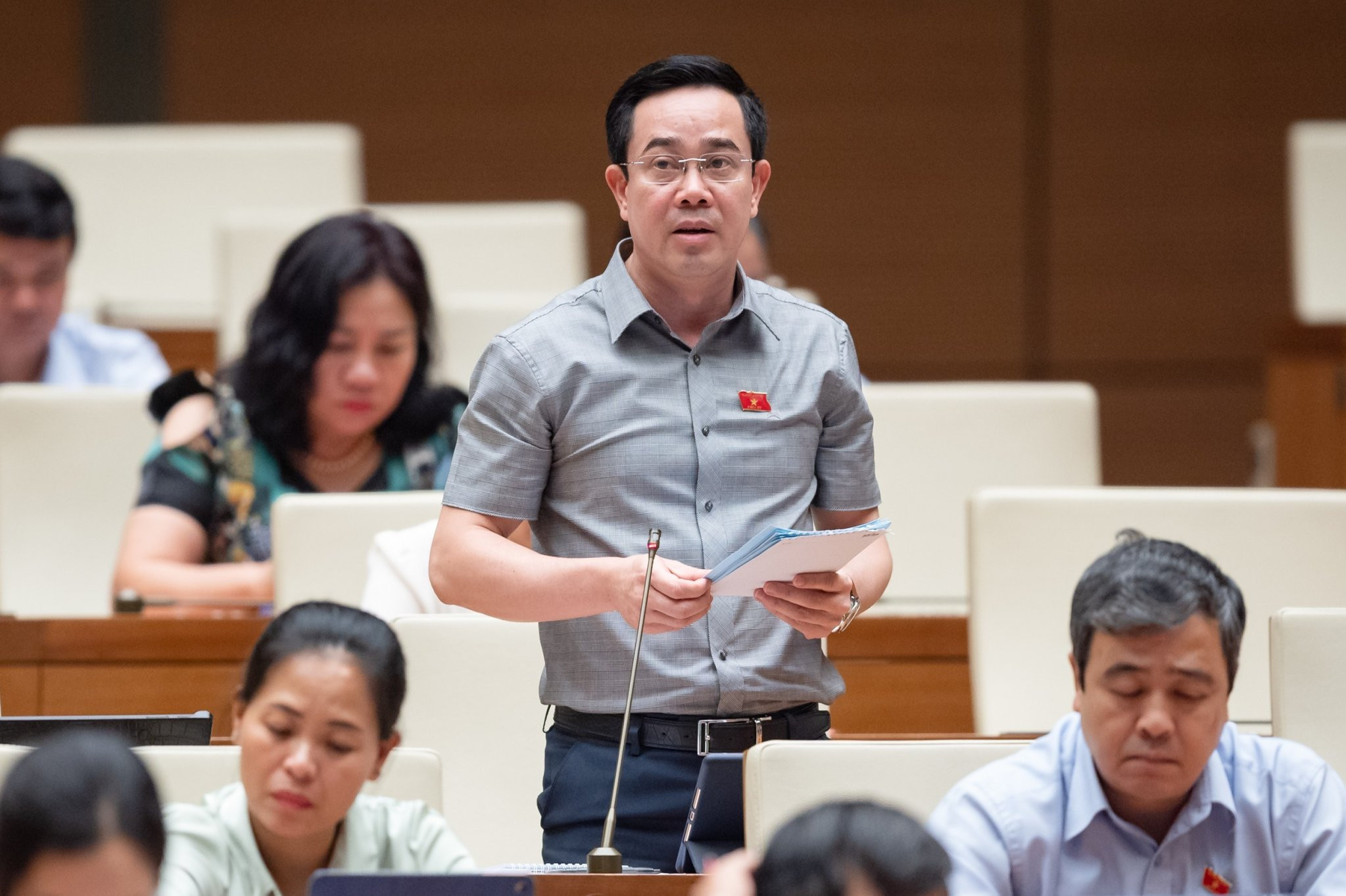 |
Delegate Nguyen Van Huy proposed that there should be solutions to increase income, ensure salaries, allowances, and satisfactory treatment for medical staff. Photo: Pham Thang |
Accordingly, it is necessary to carefully consider how to manage this organizational model to ensure political, social, practical and legal requirements.
The Minister gave an example of the district-level health center model, which currently has two different opinions on whether it should be managed by the district People's Committee or the Department of Health. This is something that needs to be reviewed in coordination with the health sector for the most effective management.
In addition, the Ministry of Home Affairs will coordinate with the Ministry of Health and relevant ministries to perfect the policy mechanism on salary, preferential allowances, and special allowances for health workers in general and preventive medicine and grassroots health care in particular, but within the salary policy reform roadmap in the spirit of Resolution 27 of the 12th Central Committee.
"Currently, the Ministry of Home Affairs is advising the Government on a roadmap for reforming salary policies, including carefully calculating salary policies, preferential allowances, and special allowances for health workers in general and preventive medicine and grassroots health workers in particular to ensure compliance with the Party's viewpoint that the health sector is a special sector, so its use and treatment must have special policies," Minister Pham Thi Thanh Tra emphasized.
She also said that the Ministry of Home Affairs is also amending and supplementing policies on recruitment, employment, training and fostering of health workers and policies on attracting doctors in especially difficult areas, ethnic minorities, remote areas and islands.
The Minister of Home Affairs proposed to the Ministry of Finance to study a number of decrees related to the autonomy mechanism, socialization of public service units and promote mechanisms for ordering and assigning tasks to public health service units, especially preventive medicine.
In addition, the Ministry of Home Affairs will coordinate with ministries and branches to clearly determine the staffing level based on job positions according to population size, socio-economic conditions of regions, especially related to grassroots healthcare to determine the staffing level suitable to reality.
"The Ministry of Home Affairs also does not consider reducing the number of civil servants receiving salaries from the state budget for grassroots health care," the commander of the Home Affairs sector pledged.

Notice of recruitment of civil servants to work at units in the Nghe An Health sector
20/05/2023

